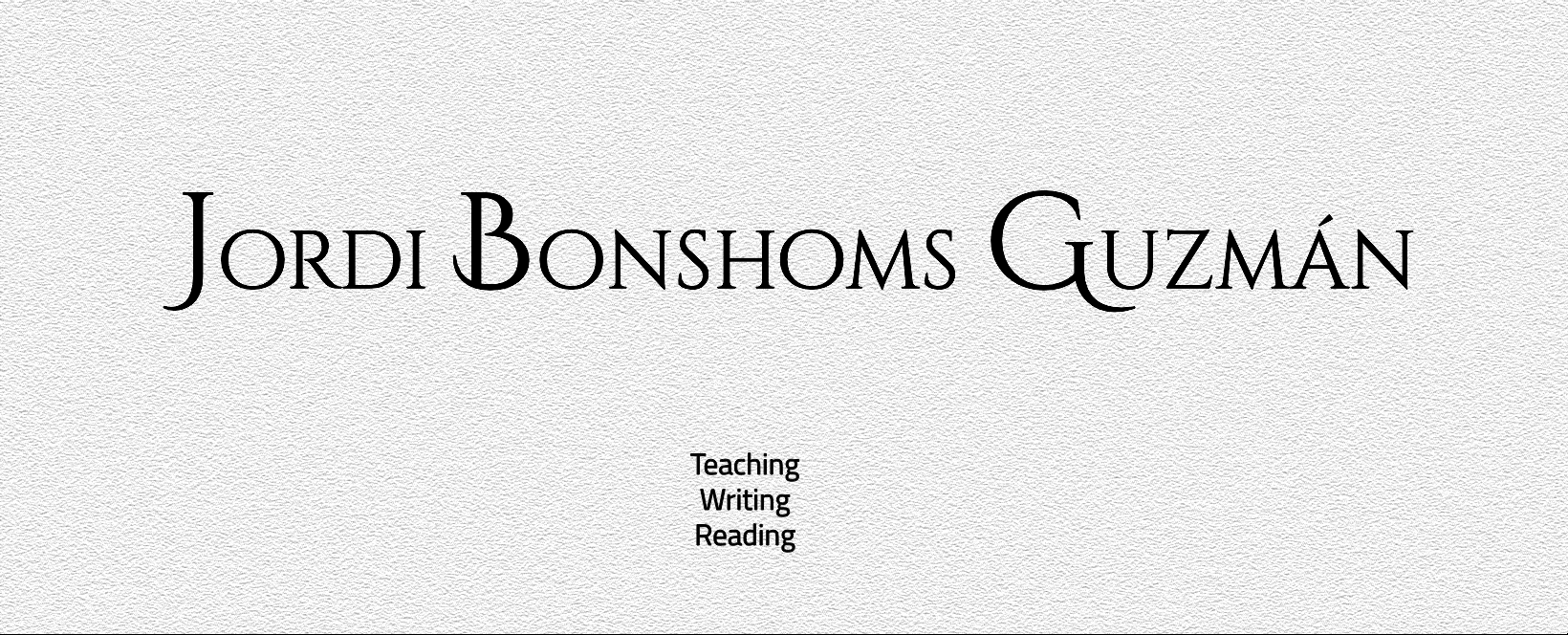Pierre Clastre’s seminal work Society against the State marked a turning point in the history of political anthropology. But this founding piece has brought much more into social sciences. Underlying…
Monthly Archives
Pierre Clastre’s seminal work Society against the State marked a turning point in the history of political anthropology. But this founding piece has brought much more into social sciences. Underlying…
